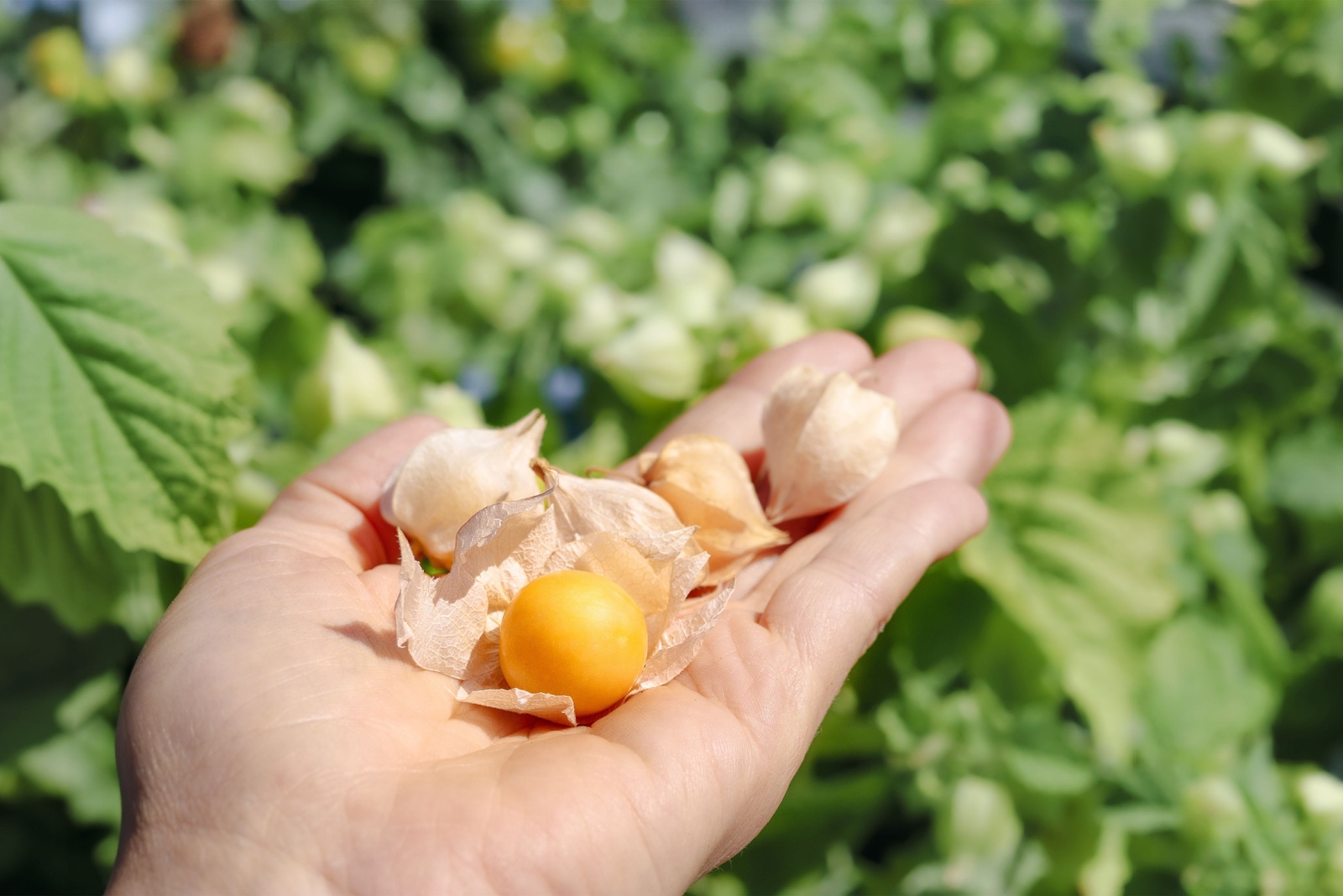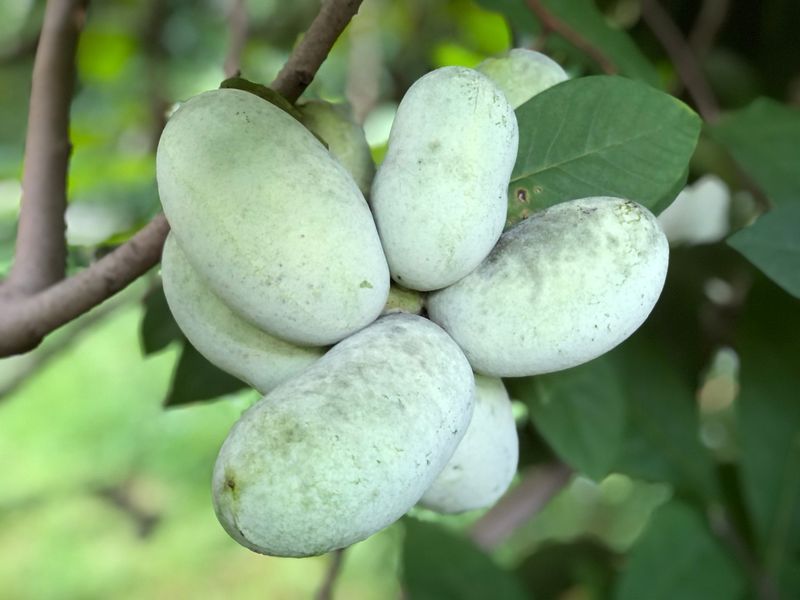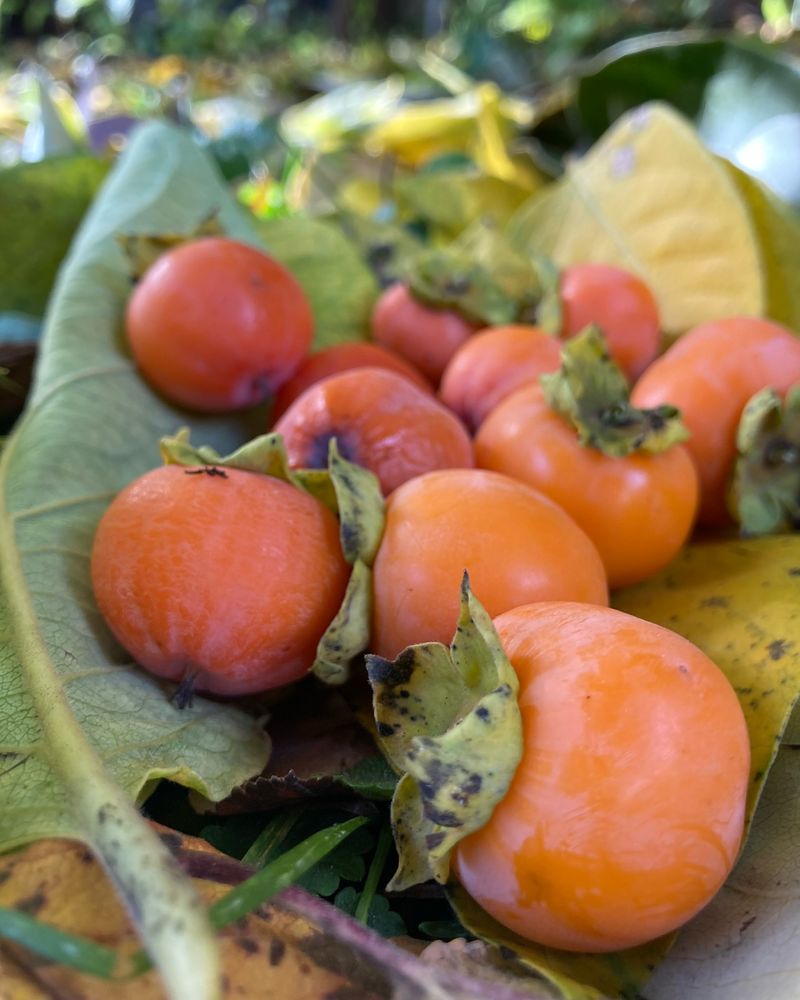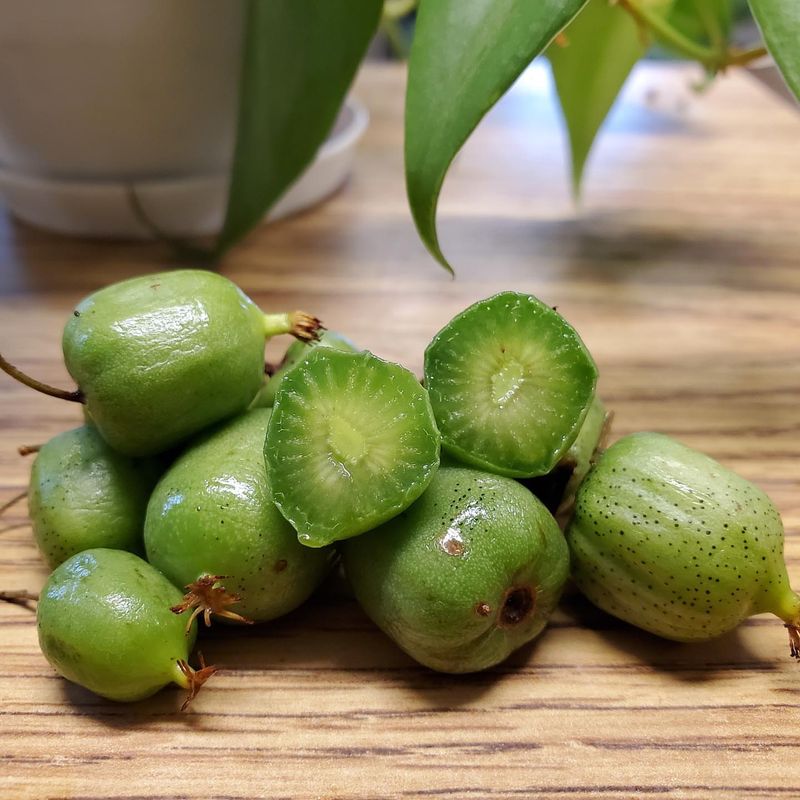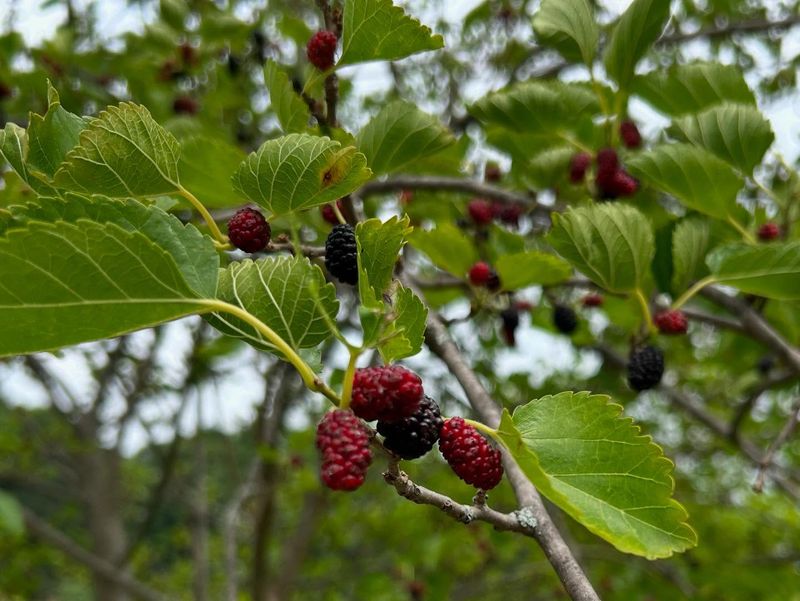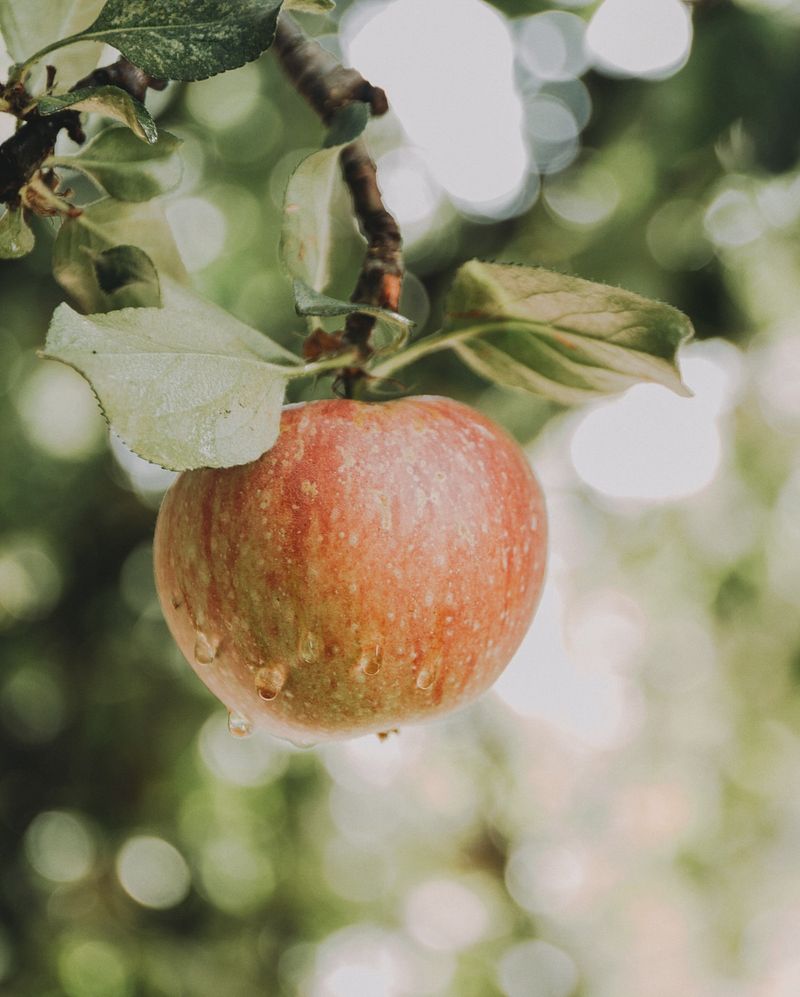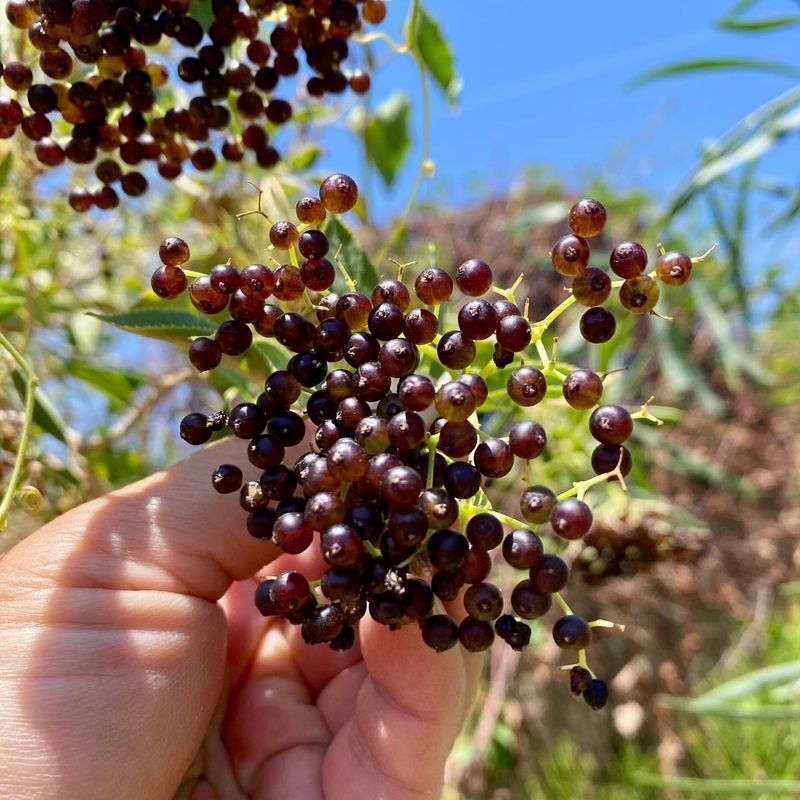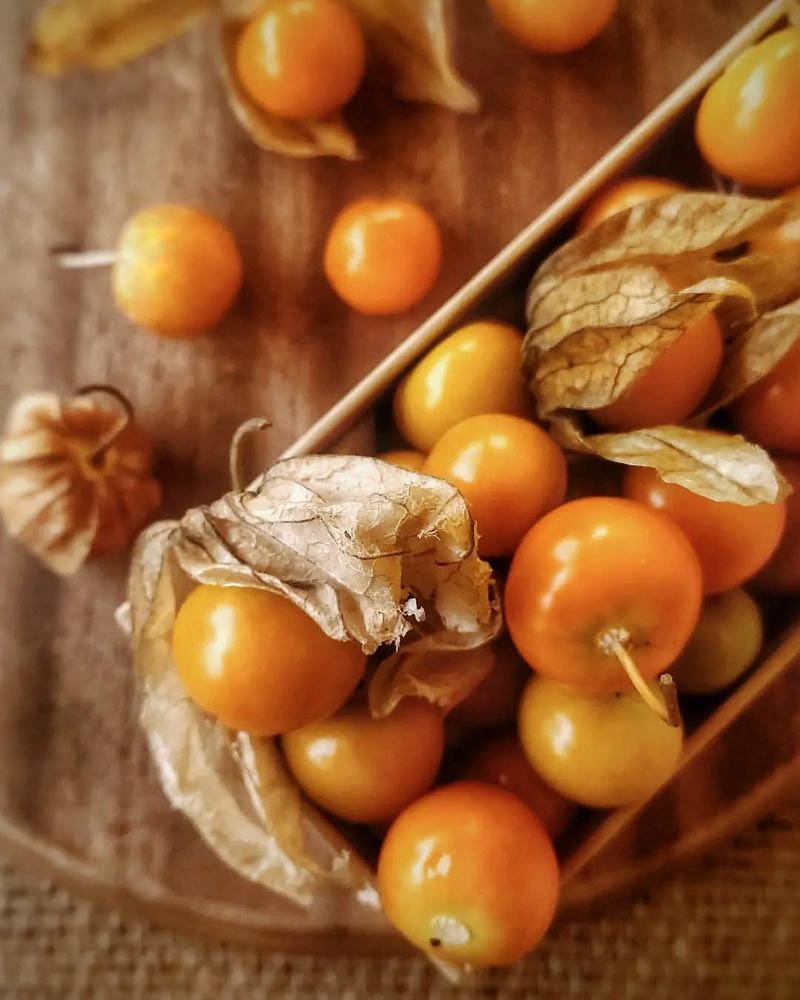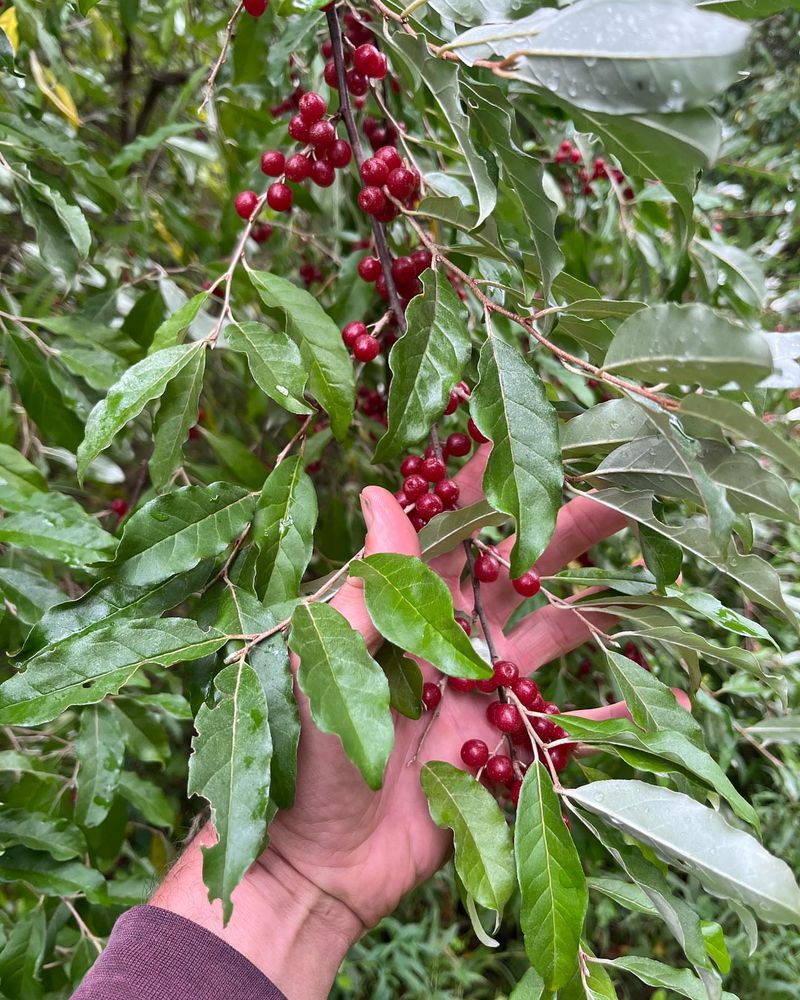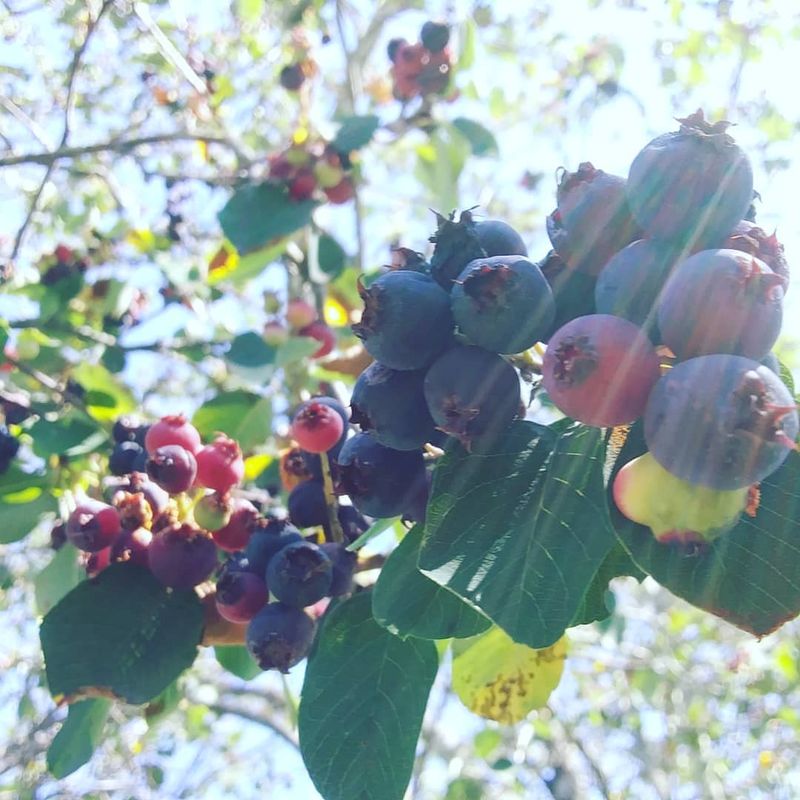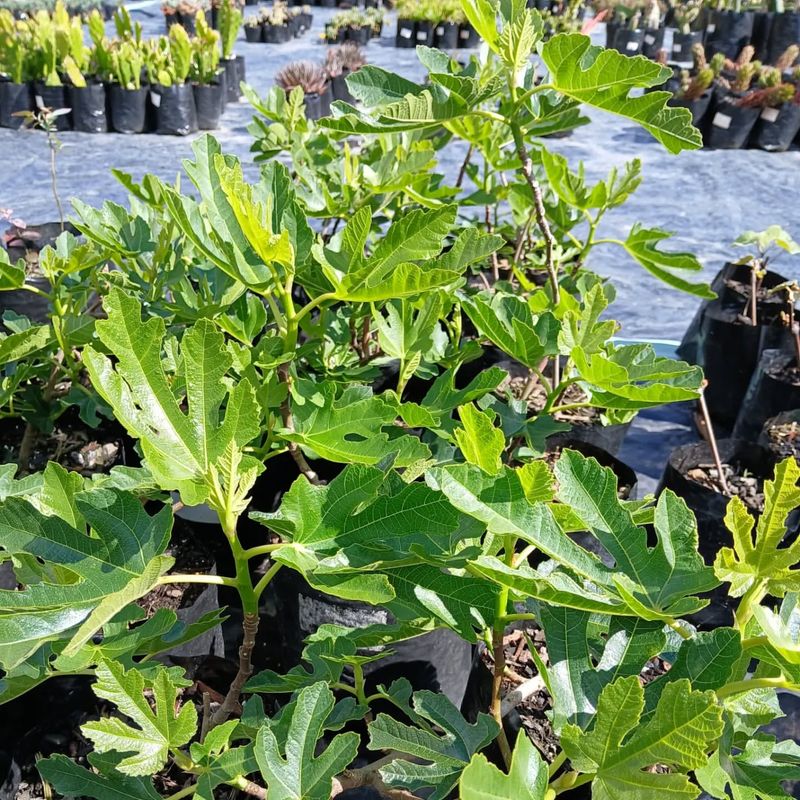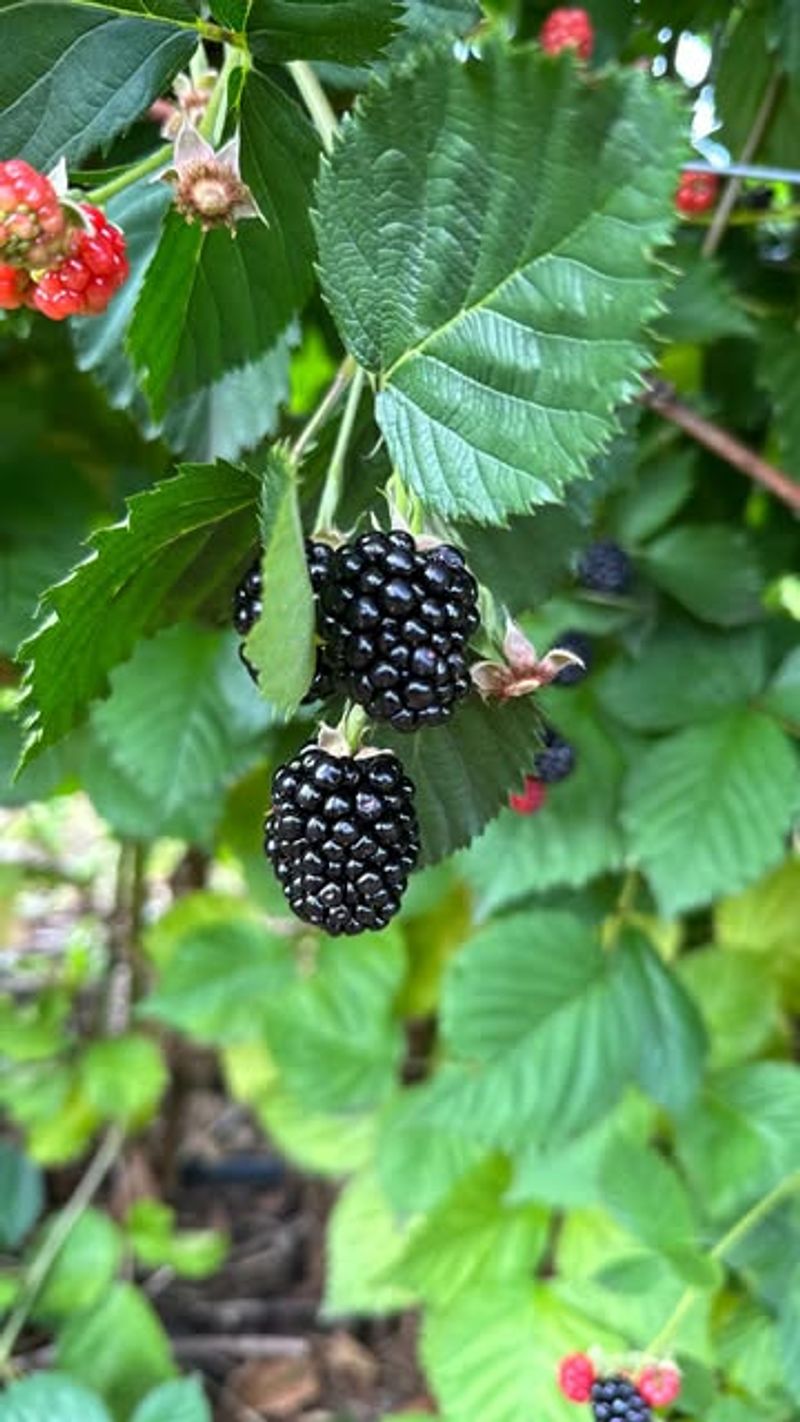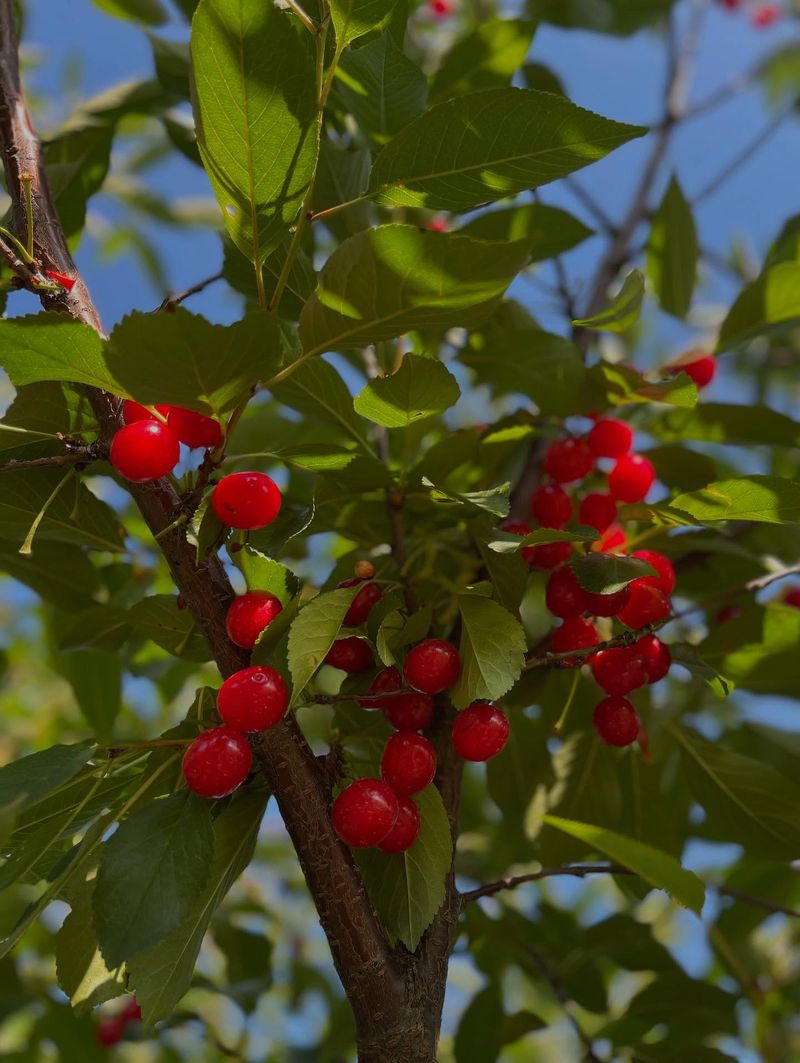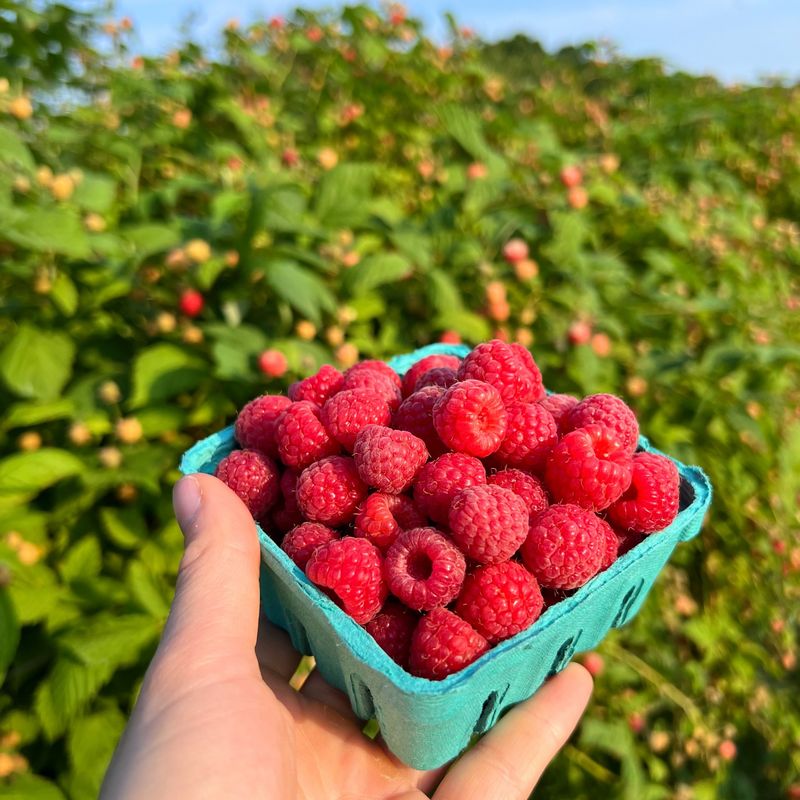September brings the perfect opportunity for Pennsylvania gardeners to plant fruit seeds before winter sets in. The cooling temperatures create ideal conditions for certain seeds to establish themselves and prepare for spring growth.
Planting fruits from seed now gives them time to undergo natural stratification during winter, which many fruit seeds need to germinate successfully.
1. Pawpaw Paradise
Pawpaws, North America’s largest native fruit, thrive when planted in September. The seeds need cold stratification to break dormancy, making fall perfect for planting.
Dig a small hole about an inch deep in partially shaded areas with rich, moist soil. Pawpaws develop slowly but reward patience with custard-like fruit that tastes like banana-mango.
2. American Persimmon Promise
Wild persimmons create stunning orange fruit that sweetens after frost. September planting gives seeds time to experience winter’s cold snap, essential for spring germination.
Plant seeds one inch deep in well-draining soil. Unlike their Asian cousins, American persimmons are incredibly cold-hardy and disease-resistant, perfect for Pennsylvania’s climate. Your patience will be rewarded in about 5-7 years.
3. Hardy Kiwi Adventure
Forget fuzzy grocery store kiwis! Hardy kiwis produce smooth, grape-sized fruits bursting with sweet-tart flavor. September planting allows seeds to naturally stratify during winter months.
Plant 1/4 inch deep in containers with moist potting mix. Keep them protected but cold during winter. Unlike tropical kiwis, these hardy varieties withstand Pennsylvania winters down to -25°F while producing delicious, vitamin-packed fruits.
4. Mulberry Magic
Mulberry trees grow like weeds in Pennsylvania, which makes them perfect for beginner fruit growers. Fresh seeds from ripe berries planted in September establish strong root systems before winter dormancy.
Simply press seeds into soil surface and cover lightly. Red and white mulberry varieties offer different flavor profiles – whites tend to be sweeter. Birds love mulberries too, making these trees perfect for wildlife-friendly gardens.
5. Wild Apple Wonders
Creating your own unique apple variety starts with planting seeds from local wild apples. September planting mimics nature’s timing, as fallen apples would naturally release seeds this time of year.
Collect seeds from the tastiest wild apples you find. Plant them 1/2 inch deep in well-draining soil. Remember, apple seeds don’t grow true to parent, so each tree becomes a genetic surprise – perfect for adventurous gardeners.
6. Elderberry Excitement
Elderberry’s immune-boosting properties make it a valuable addition to any Pennsylvania garden. September-planted seeds develop strong roots before winter sets in.
Harvest seeds from ripe berries, rinse thoroughly, and plant 1/4 inch deep. Mark your planting spot carefully – elderberry seedlings can be slow to emerge in spring. These native shrubs provide beautiful flowers for pollinators and nutritious berries for both humans and wildlife.
7. Ground Cherry Goodness
Ground cherries, with their papery husks hiding sweet-tart fruits, self-seed readily in Pennsylvania gardens. Fall planting mimics their natural reproduction cycle.
Collect seeds from fully ripened fruits that have fallen to the ground. Plant 1/4 inch deep in areas where you want them to grow next year. These prolific plants produce hundreds of marble-sized fruits perfect for jams, pies, or fresh eating.
8. Autumn Olive Abundance
Despite being considered invasive in some areas, autumn olive produces nutritious red berries extremely high in lycopene. September planting works with their natural seed dispersal timeline.
Plant seeds 1/2 inch deep in poor soil areas where other fruits won’t grow. These nitrogen-fixing shrubs actually improve soil quality while producing tart-sweet berries. Just be mindful of their spreading tendency and harvest regularly to prevent unwanted spread.
9. Serviceberry Satisfaction
Native serviceberries produce blueberry-like fruits beloved by both humans and birds. September planting allows seeds to experience natural cold stratification, boosting spring germination rates.
Collect seeds from ripe berries and plant 1/4 inch deep in woodland-edge conditions. These understory trees offer spectacular spring flowers, summer fruits, and brilliant fall color. Pennsylvania’s climate perfectly matches serviceberry’s natural growing conditions.
10. Fig Fantasies
While most Pennsylvania gardeners grow figs from cuttings, seed-grown figs create unique varieties adapted to local conditions. September planting in containers allows for winter protection.
Extract seeds from fully ripe figs and plant 1/8 inch deep in seed-starting mix. Keep containers in unheated garages during winter. Seed-grown figs might differ from parents but often develop excellent cold-hardiness – a valuable trait for Pennsylvania gardens.
11. Blackberry Beginnings
Wild blackberry seeds planted in fall develop into thorny shrubs producing juicy berries perfect for summer pies and jams. September planting replicates nature’s timing.
Collect seeds from the plumpest wild berries you find. Plant 1/4 inch deep in sunny locations with room to spread. Pennsylvania’s wild blackberries often have superior flavor compared to store-bought varieties. These tough plants thrive in less-than-perfect soil conditions.
12. Paw-Picking Cherries
Wild cherry seeds planted in September undergo natural cold stratification during winter months. Their deep root systems develop best when planted directly in fall.
Collect pits from wild cherries found throughout Pennsylvania woodlands. Plant one inch deep in areas with good drainage. While birds will steal many fruits when mature, wild cherries produce so abundantly that there’s plenty for sharing. Their spring blossoms also support native pollinators.
13. Raspberry Rewards
Wild raspberry seeds collected and planted in September create resilient plants perfectly adapted to Pennsylvania’s climate. Unlike store-bought varieties, wild-sourced plants develop natural disease resistance.
Extract seeds from the tastiest wild berries you discover. Plant just below soil surface in areas receiving morning sun. Though smaller than commercial varieties, wild raspberries often deliver more intense flavor. Their shallow root systems make them perfect for gardens with limited soil depth.

